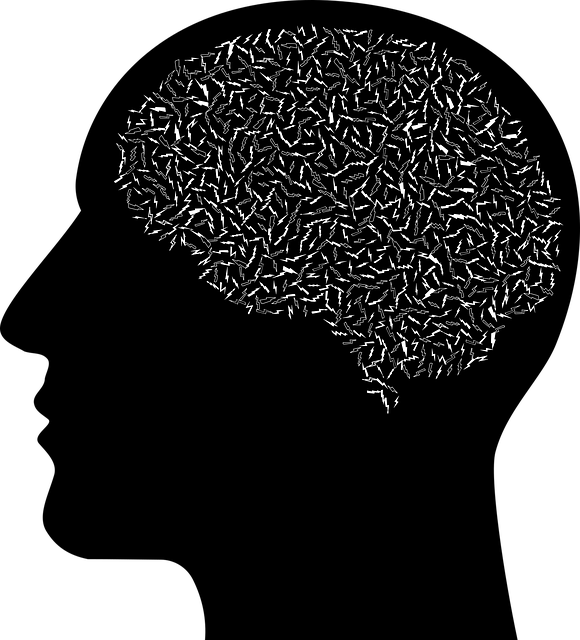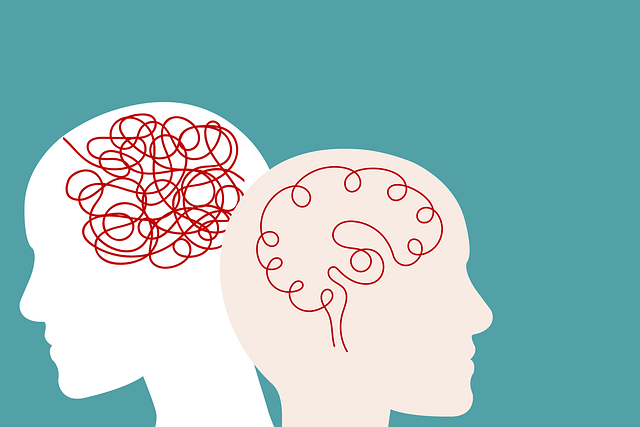Westminster Adolescent and Teen Therapy (WATT) offers evidence-based therapy for 13-18 year olds, focusing on mental wellness through CBT, mindfulness & resilience building. They use a blend of quantitative (surveys, assessments) and qualitative (interviews, focus groups) methods to evaluate program effectiveness, gaining both measurable outcomes and participant insights. Continuous improvement is prioritized via data-driven adjustments, like integrating podcast series for diverse learning styles, ensuring tailored support and better outcomes.
The evaluation of mental wellness programs is crucial for understanding their impact and effectiveness. This article explores a comprehensive assessment of the Westminster Adolescent and Teen Therapy Program, utilizing various evaluation methods. We delve into the selection criteria, exploring techniques specific to mental health initiatives catering to teens. Through case studies and data analysis, we assess Westminster’s approach, highlighting successful strategies and areas for improvement. By implementing feedback loops and advanced data techniques, the program ensures continuous growth.
- Understanding Westminster Adolescent and Teen Therapy Program
- Selection of Evaluation Methods for Mental Wellness Programs
- Assessing the Effectiveness of Westminster's Approach
- Continuous Improvement: Feedback Loops and Data Analysis Techniques
Understanding Westminster Adolescent and Teen Therapy Program

The Westminster Adolescent and Teen Therapy (WATT) Program is designed to support young individuals aged 13-18 through evidence-based therapeutic interventions. This program recognizes the unique challenges faced by adolescents and teens, focusing on mental wellness through tailored individual and group therapy sessions. WATT incorporates various methods such as cognitive-behavioral therapy (CBT), mindfulness practices, and resilience-building exercises to empower young people with coping skills for managing stress, anxiety, and other common mental health concerns.
Beyond addressing immediate needs, the program emphasizes long-term mental wellness by teaching adolescents and teens effective strategies for navigating life transitions and maintaining emotional balance. In line with best practices in risk management planning for mental health professionals, WATT fosters a safe and supportive environment where participants can develop self-awareness, build healthy relationships, and cultivate resilience.
Selection of Evaluation Methods for Mental Wellness Programs

When evaluating mental wellness programs, particularly for adolescents and teens, a multifaceted approach is essential to assess their effectiveness and impact. The selection of evaluation methods should align with the program’s goals and target population, ensuring a comprehensive understanding of its success. For instance, at Westminster Adolescent and Teen Therapy, a combination of quantitative and qualitative strategies could be employed. Quantitative measures, such as surveys and standardized assessments, can provide data on symptom reduction and overall mental health improvements, offering tangible metrics for progress.
Qualitative methods, like interviews and focus groups, allow participants to share their experiences and perceptions. This offers valuable insights into the program’s impact on their lives, including themes of Empathy Building Strategies and Cultural Sensitivity in Mental Healthcare Practice. By considering both approaches, Westminster Adolescent and Teen Therapy can gain a holistic view, identifying areas of strength and opportunities for improvement, ultimately leading to enhanced program design and preventing Burnout among practitioners.
Assessing the Effectiveness of Westminster's Approach

Evaluating the effectiveness of Westminster’s approach to adolescent and teen therapy involves a multi-faceted assessment that goes beyond mere numbers. It delves into qualitative measures, such as client satisfaction and perceived improvements in mental health symptoms. By collecting feedback through surveys and interviews, therapists gain valuable insights into the impact of their interventions. This data is crucial for understanding areas where Westminster Adolescent and Teen Therapy excels and aspects that may require refinement.
For instance, assessing positive thinking strategies employed by therapists shows promising results in enhancing client resilience. Moreover, evaluating empathy building strategies within the context of healthcare provider cultural competency training has revealed improved cross-cultural communication and tailored care. These findings underscore the importance of continuous evaluation to ensure that Westminster’s programs remain effective, accessible, and culturally sensitive for the young minds they serve.
Continuous Improvement: Feedback Loops and Data Analysis Techniques

At Westminster Adolescent and Teen Therapy, we understand that mental wellness program evaluation is an ongoing process that requires continuous improvement. Feedback loops are a powerful tool to assess the effectiveness of our programs and ensure they meet the evolving needs of our young clients. By collecting and analyzing feedback from both participants and therapists, we can identify areas for enhancement and make data-driven adjustments. This iterative approach allows us to refine our methods and tailor our support, fostering better outcomes.
Data analysis techniques play a pivotal role in this process. We utilize advanced tools to scrutinize trends, patterns, and individual responses within the program. By examining these insights, we can implement targeted interventions and create more personalized experiences. The integration of mental wellness podcast series production, for instance, provides an additional channel for stress reduction methods, catering to diverse learning styles and preferences. Through these continuous improvement strategies, Westminster Adolescent and Teen Therapy remains committed to delivering exceptional support for optimal mental wellness.
The evaluation of mental wellness programs, such as the Westminster Adolescent and Teen Therapy Program, is a multifaceted process that involves careful selection of methods. By employing diverse assessment techniques, including qualitative and quantitative data analysis, we can accurately gauge the program’s effectiveness. Continuous improvement relies on robust feedback loops and innovative data analysis techniques, ensuring that programs like Westminster’s remain dynamic and responsive to the evolving needs of adolescents and teens. This holistic approach not only enhances outcomes but also fosters a more supportive and nurturing environment for mental health care.











